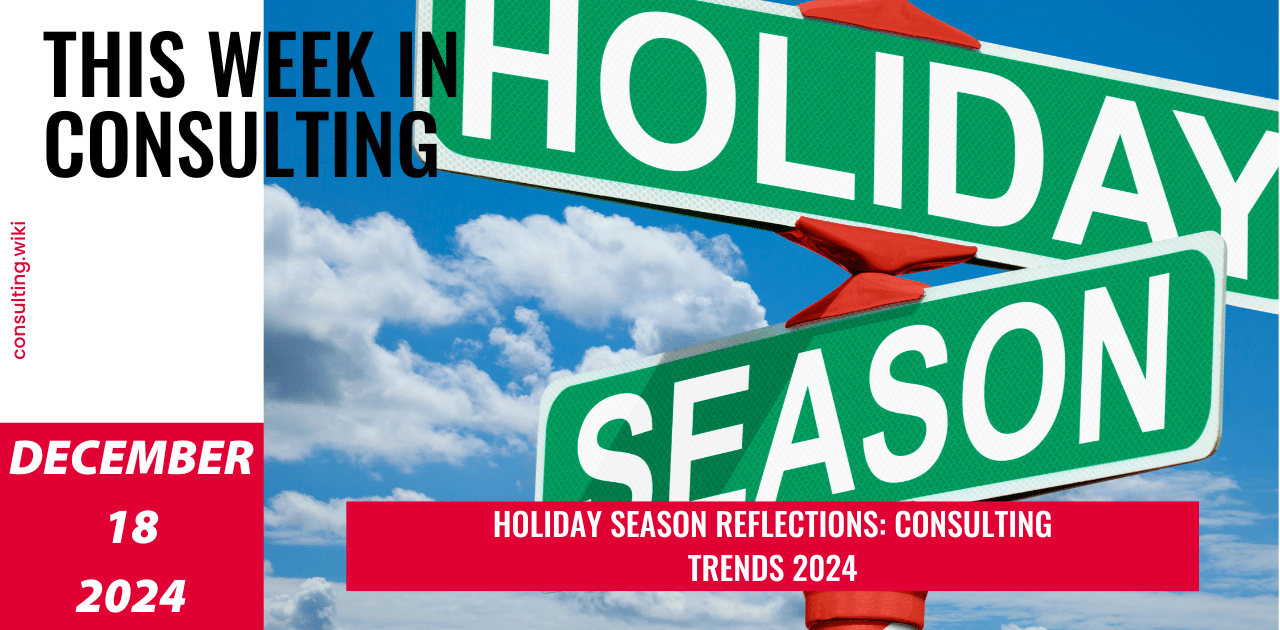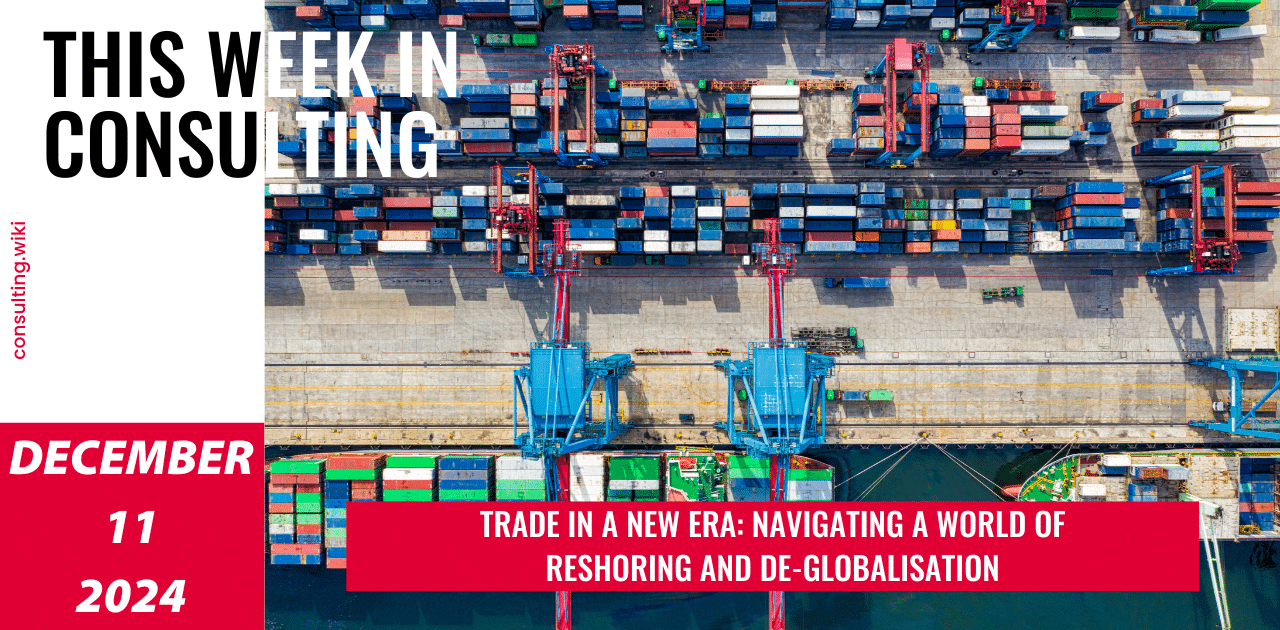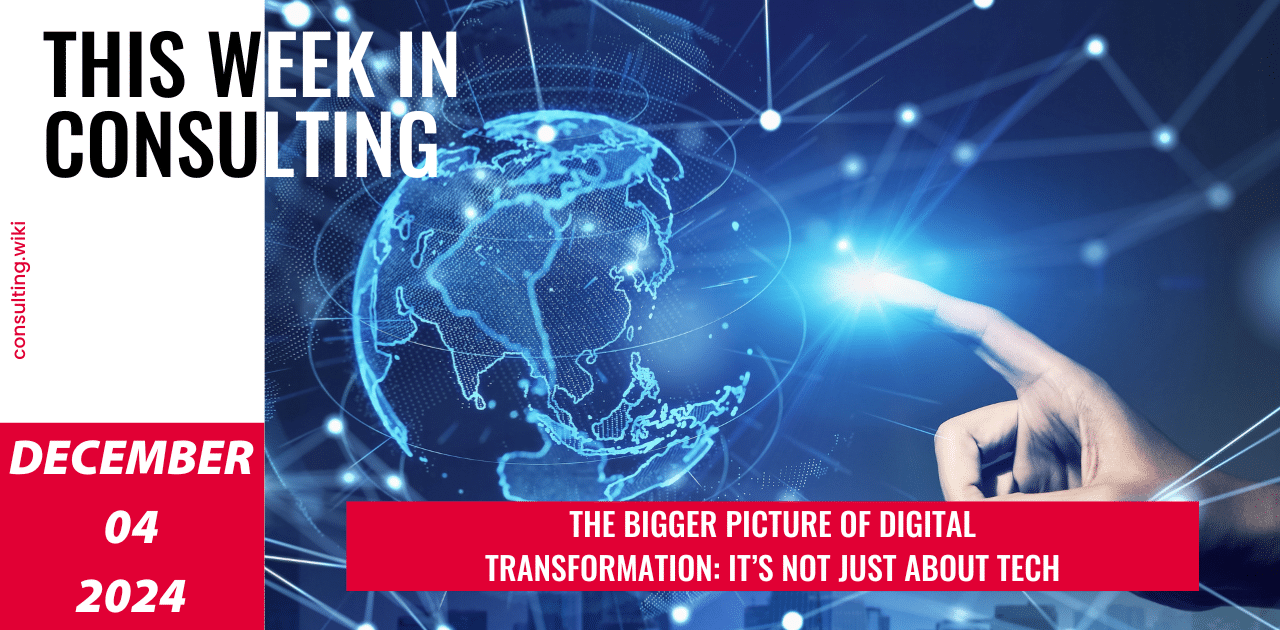
How to Hone to Perfection Your Consultant Selection with Our Top 5 List of Attributes
“Projects are usually undertaken to either solve a problem or take advantage of an opportunity. The probability that the project – even if precisely executed – will complete on time, on budget, and on performance is typically small. Project management is utilized to increase this probability. So in a sense, project management is risk management.” – Bruce Pittman
You are moving forward with the project and close to making the consultant selection for your project. Based on the proposal assessment described in one of our previous articles, you should now have a good sense of what the Consultant can do for you, on paper.
But in reality, very few companies excel at both – selling and delivering their services. The most brilliant proposal in PowerPoint does not always translate into the best value delivery and vice versa.
But there is one more, last hurdle – these few points that you want to clarify in the most promising proposals. Take the time to organize one-on-one meetings with your short-listed consultants. Whenever possible, you should seize the opportunity to meet the candidates in person, especially if they are new to your company.
Read also...
With the constant pressure on cost reductions and sustainable savings, many companies are starting to notice their Tail Spend, even in the Consulting Category.
Our Top 5 Attributes list to perfect your consultant selection –
When you prepared the RFP, you have defined the criteria that you will use to choose the best proposal. It is your starting point to compare the remaining proposals.
1. The Main Criteria – top dimensions to consider in each proposal.
- Quality of the approach
- Team expertise
- Quality of the proposal
- Price
- Fit with your teams
For instance, they might include the following:
- Expertise in Network Design
- Expertise in Process Industries
- Availability to work on-site
- Ability to transfer knowledge
On top of these requirements, you might have expectations on other dimensions such as the culture, the type of approach that are not written in your RFP but are essential to you.
This type of criteria might cover:
- Alignment with your values
- Creativity & innovation
- Credibility with your local teams
Before you grade the different proposals, you need to prioritize the various criteria. Keep in mind that the endgame is the success of the project, not the efficiency of the purchasing process. The priorities should change from one project to the next, depending on the context and the expected results.
2. Levels of Priority – be able to assign a degree of importance to each criterion.
Let’s go back to the previous list, and organize them by the level of priority:
- Quality of the approach
- Team expertise
- Quality of the proposal
- Price
- Fit with your teams
- Expertise in Growth Strategy
- Expertise in Financial Services
- Availability to work on-site
- Ability to transfer knowledge
- Alignment with your values
- Creativity & Innovation
- Credibility with your local teams
The goal is to build an evaluation matrix that will help you give a score to the different proposals to facilitate the comparison.
3. Price versus value – define how much you are willing to pay for the project?
What you are looking for is value for money. You want the right impact on your top line & bottom line, and the right price. In other words, you want a good Return on Investment for the project. The price that corresponds to that positive ROI is your willingness to pay.
For example, if you are launching a project to adapt to a recent regulatory change, then the value of the project to you is significant, and it will cost more if you don’t get it done. Thus, your willingness to pay for this type of project is higher than for a less tangible project such as efficiency improvement and company reorganization.
The price is often the primary driver of choice. As a general rule, the price you pay should always be lower than the value you (envision to) get out of it. Determine the gray zone between your real budget and the limit before meeting with the consultants.
4. Ask for a Presentation to accompany the proposal – to get a better idea of the Consultant’s approach
Before you dive into grading the candidates, give the consultants the opportunity to comment on their proposal. It is sometimes hard to write a proposal because, however, thorough you are in writing the RFP, there still might be some elements that remain unclear.
- Challenge the core proposal.
Start with your analysis of the proposal and write down the questions you want to ask the consultants. Tip: Don’t look at your preferred proposal first, save it for last. You will learn as you go and come up with the right questions.
- Does the proposal cover all the scope from the RFP?
Are you satisfied with the quality of the approach proposed by the Consultant, including the precise scope of the work and the potential next steps? Do you feel the approach proposed by the Consultant would have a positive impact on the project?
- Do you find the deliverables relevant?
Is the timeline proposed by the Consultant in line with your expectations? Are you convinced by the verbal and/or oral presentation of the proposal?
- Do the people in the room have the right expertise?
It is easy to write the perfect proposal with the support of your best experts, even if you don’t have the right depth of knowledge. It is more difficult to pitch the said proposal without their help. It is standard for Consulting firms to include subject matter experts in crafting the proposal to increase their technical credibility. But if that expert is not present on the field, and the Consulting firm staffs junior or inexperienced Consultants, the expertise was smoke and mirrors. Also, some consultants are poor communicants, and their proposals might look weak. But their depth of knowledge and their ability to deliver can be outstanding. When you hire a Consultant, you also buy access to their knowledge.
5. Access to Consultant’s knowledge base – a significant advantage you can utilize, provided it is the expertise you need
- Who will be the consultants working with you on a daily basis?
- Did they understand the context and objectives of the project?
- Do they understand your business and know your market?
- Will you have access to their knowledge during the project?
- Will they be credible with your technical teams?
- Do you feel they will bring you the competencies and expertise you are looking for?
- What is their experience prior to this project?
- Are they the ones that worked on the referenced projects
You have now all the elements in hand to make your consultant selection. So what are you waiting for?
Ready to launch your next project?
We will be happy to help.
Please give us a call today, at no obligation, to get the conversation started
Hélène Laffitte is the CEO of Consulting Quest, a Global Performance-Driven Consulting Platform and author of “Smart Consulting Sourcing”, a step by step guide to getting the best ROI from your consulting. With a blend of experience in Procurement and Consulting, Hélène is passionate about helping Companies create more value through Consulting.



